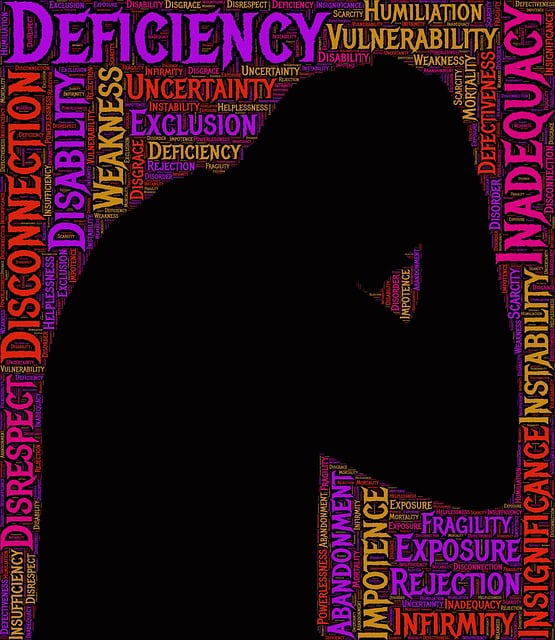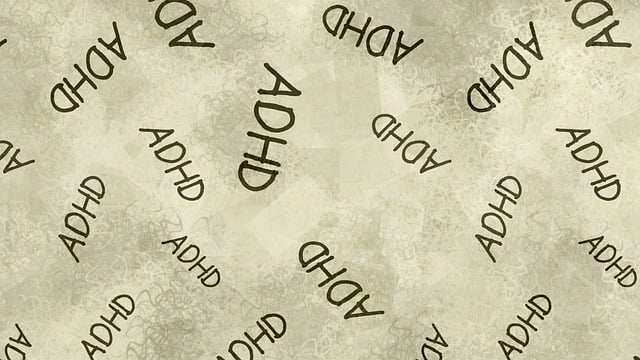Westminster Divorce Therapy offers a holistic approach to supporting individuals affected by divorce, recognizing the deep connection between trauma and separation. Their evidence-based methods, including Mind Over Matter principles, focus on crisis management and long-term emotional well-being. By prioritizing safety and non-judgmental support, therapists help clients heal from past traumas like loss or abandonment, fostering resilience and healthy coping mechanisms. Culturally competent training ensures tailored care for diverse backgrounds, enabling individuals to rebuild their lives with hope and renewed purpose.
Trauma support services play a pivotal role in helping individuals navigate the challenges of post-divorce life, where emotional scars can run deep. This article explores the profound impact of trauma on divorced individuals and highlights the crucial role of Westminster Divorce Therapy in offering specialized care. We delve into effective strategies for delivering trauma-informed support, emphasizing empathy, education, and evidence-based practices. By understanding the complex nature of trauma, Westminster Divorce Therapy provides a safe space, fostering healing and resilience among those seeking post-divorce well-being.
- Understanding Trauma and Its Impact on Individuals Post-Divorce
- The Role of Westminster Divorce Therapy in Providing Supportive Services
- Effective Strategies for Delivering Trauma-Informed Care
Understanding Trauma and Its Impact on Individuals Post-Divorce

Trauma, a profound and lasting impact on an individual’s emotional well-being, often manifests in various forms following a significant life event like divorce. For many, divorce can trigger or exacerbatereprior trauma, causing individuals to relive past experiences of loss, abandonment, or betrayal. This is particularly relevant in the context of Westminster Divorce Therapy, where therapists play a pivotal role in supporting clients navigating these complex emotions.
Understanding the interplay between trauma and divorce is essential for healthcare providers. The integration of Mind Over Matter Principles and Inner Strength Development techniques can empower individuals to heal from both the divorce process and any underlying traumas. Through Culturally Competent Training, therapists gain insights into their clients’ unique backgrounds and experiences, fostering a safe and supportive environment conducive to recovery. This holistic approach recognizes that addressing trauma is integral to offering effective divorce support, enabling individuals to rebuild their lives with resilience and hope.
The Role of Westminster Divorce Therapy in Providing Supportive Services

Westminster Divorce Therapy stands as a beacon of support for individuals navigating the challenging waters of divorce and separation. Their primary role is to provide a safe, non-judgmental space where clients can process their emotions, gain clarity, and work towards healing. The therapy sessions are meticulously designed to address the unique needs of each person, focusing on both the immediate crisis management and long-term emotional well-being.
Through evidence-based practices and the integration of self-care strategies like mood management techniques and mind over matter principles, Westminster Divorce Therapy equips clients with the tools necessary to cope effectively. This holistic approach ensures that individuals not only survive but thrive amidst life’s transitions. By fostering resilience and promoting healthy coping mechanisms, the therapy serves as a transformative journey, enabling clients to rebuild their lives with renewed sense of purpose and emotional stability.
Effective Strategies for Delivering Trauma-Informed Care

Effective Strategies for Delivering Trauma-Informed Care
Trauma-informed care is a critical approach in supporting individuals who have experienced traumatic events, such as those seeking Westminster Divorce Therapy. This method recognizes that trauma can manifest in various ways, affecting not just the mind but also the body and spirit. By adopting this perspective, therapists and support services can create safer and more effective healing environments. One key strategy is to ensure a client’s feelings of safety, which can be achieved by establishing clear boundaries, promoting consistent communication, and fostering an atmosphere of non-judgment.
Additionally, trauma-informed care emphasizes the importance of coping skills development and burnout prevention. Encouraging clients to express their emotions openly and providing them with tools to manage stress and anxiety can significantly aid in their recovery process. This approach also integrates depression prevention measures by addressing potential emotional triggers and offering support systems tailored to individual needs. Through these strategies, services like Westminster Divorce Therapy can effectively assist individuals in navigating their trauma journeys towards healing and resilience.
Westminster Divorce Therapy plays a pivotal role in addressing the trauma experienced by individuals navigating post-divorce life. By employing effective trauma-informed care strategies, the therapy service ensures that clients receive comprehensive support tailored to their unique needs. Understanding the profound impact of trauma on divorcees is essential for providing sensitive and empowering services, ultimately fostering healing and resilience.














